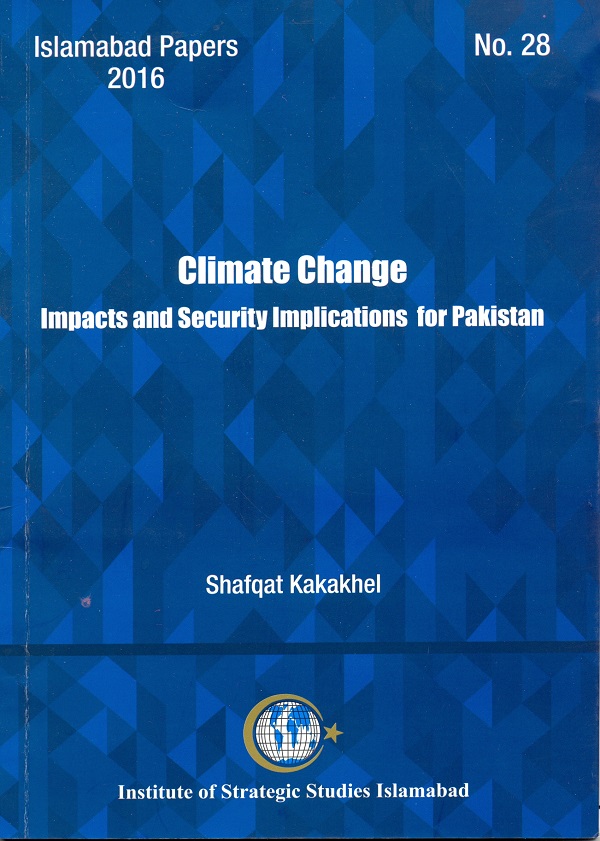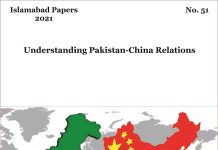Introduction
Climate Change is widely acknowledged as the defining challenge of our age facing humankind with profound global environmental, socio-economic and security implications. The international community has forged a consensus on exerting concerted efforts at national, regional and global levels to prevent the further destabilization of the climate and address the multifaceted negative effects of global warming through enhanced cooperation.
The United Nations Framework Convention on Climate Change (UNFCCC) adopted in 1992 serves as the essential overarching framework for actions by UN member states to stabilize the global climate. The Convention has been ratified by over 195 UN member states and its annual meetings (Conferences of Parties or COPs) consider way and means of combating climate change and assisting developing countries to adapt to the irreversible impacts of global warming in order to achieve sustained socio-economic development and poverty eradication. In 1997, a legally binding agreement- the Kyoto Protocol – was negotiated to implement the UNFCCC. A new global agreement- The Paris Climate Agreement- was agreed on December 12, 2015 at the conclusion of the Twenty-first conference of Parties (COP 21) held in the French capital.
















